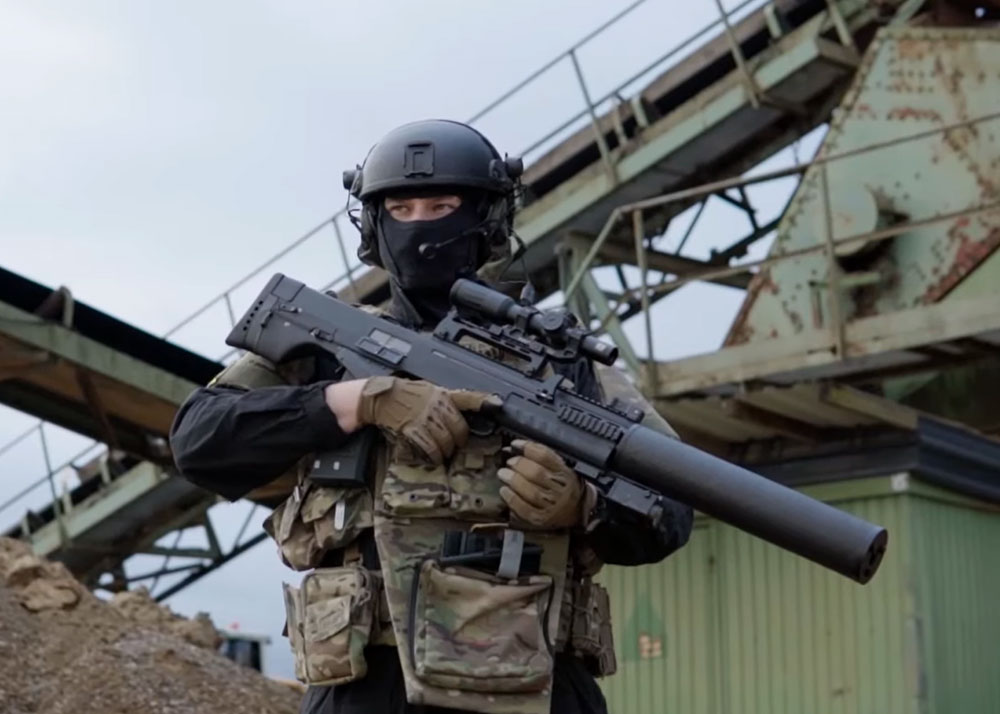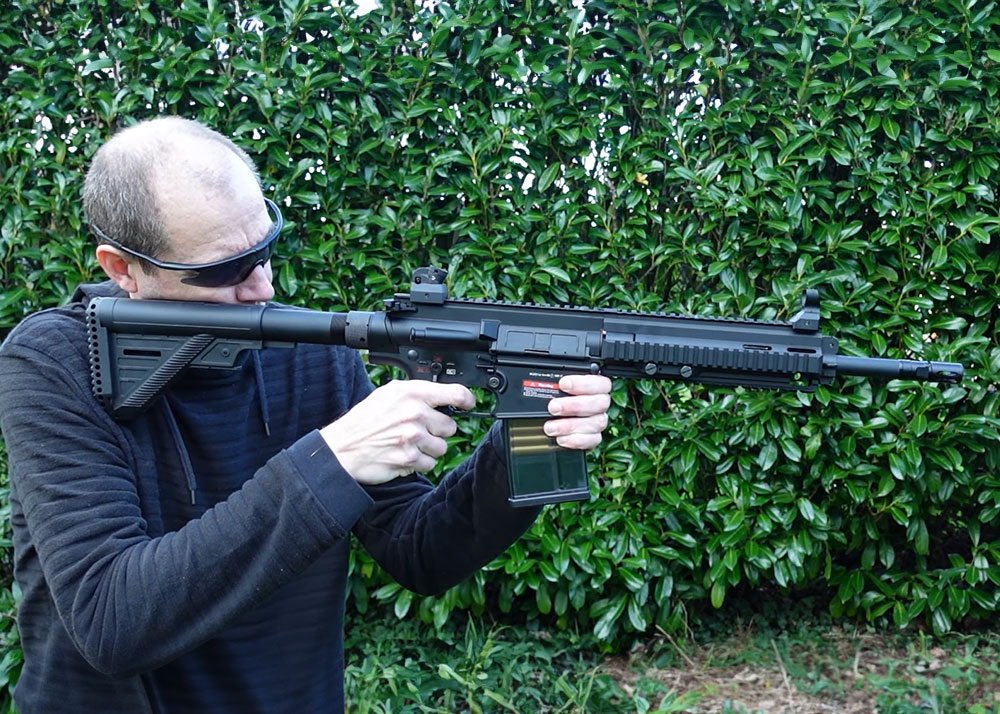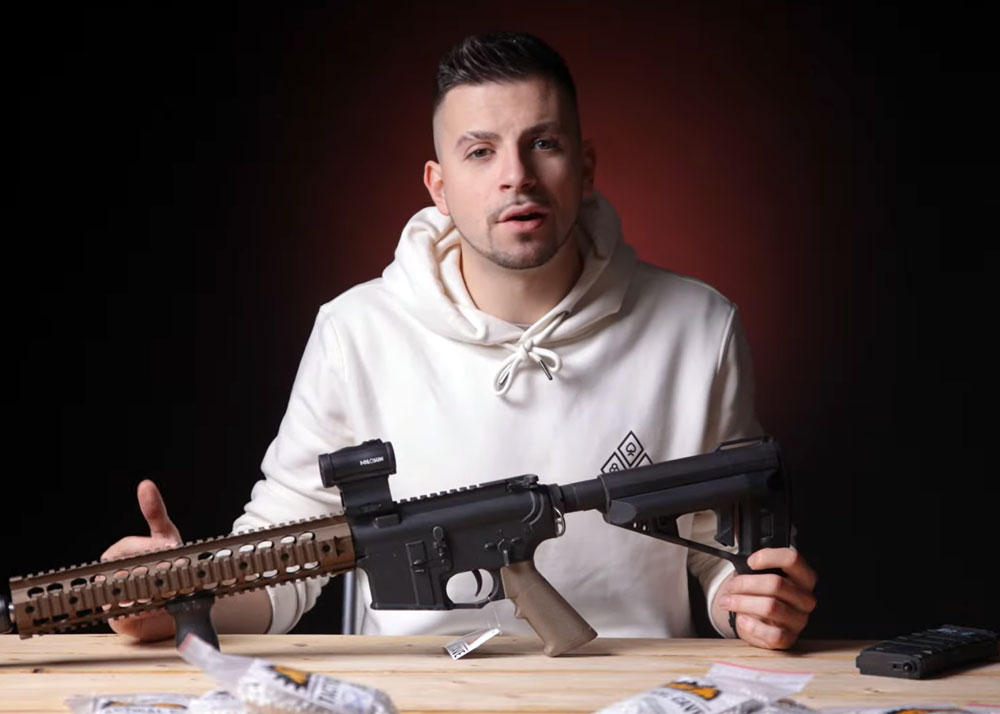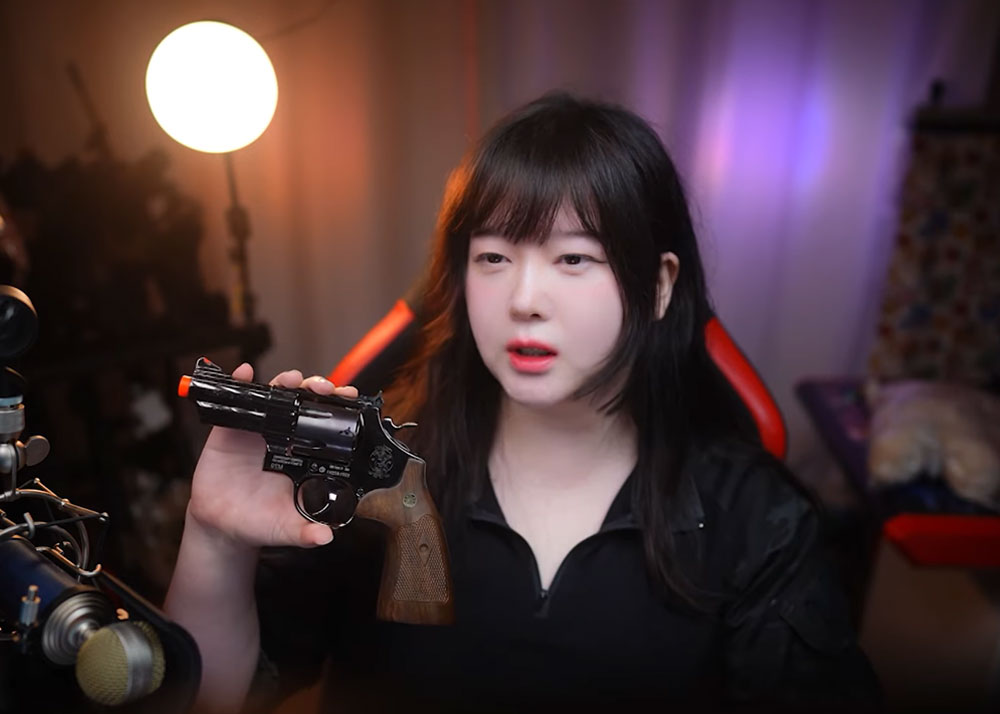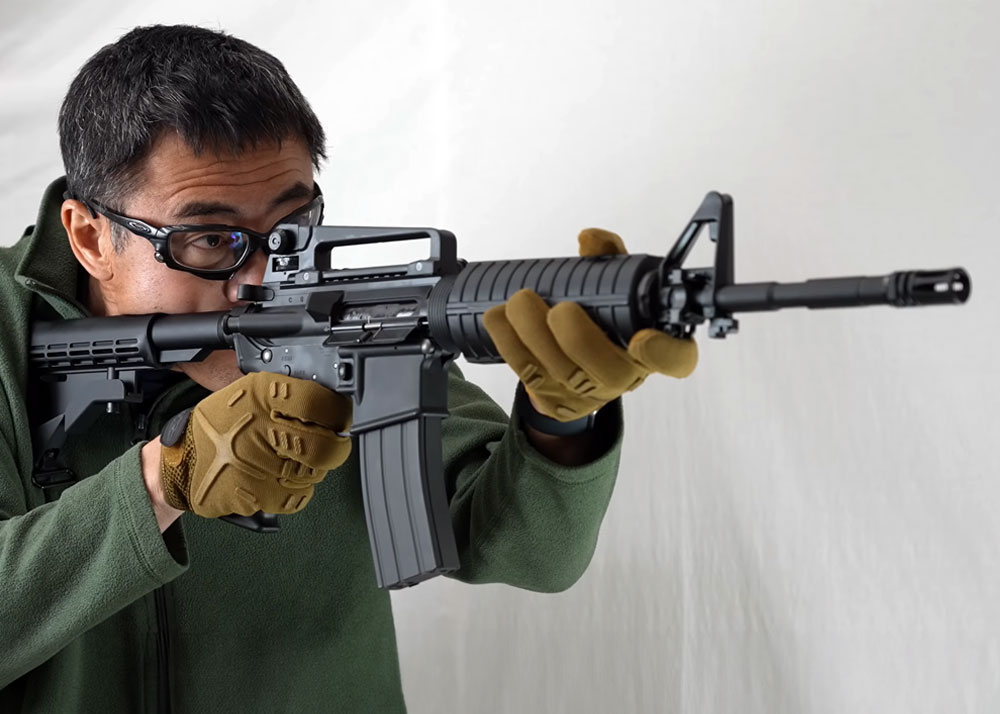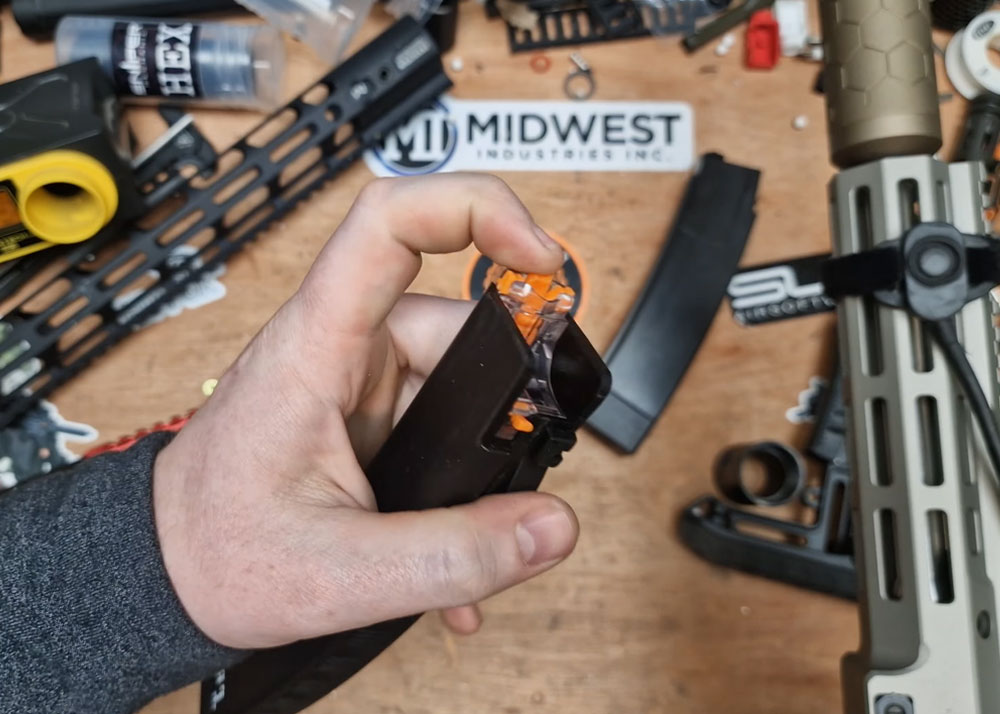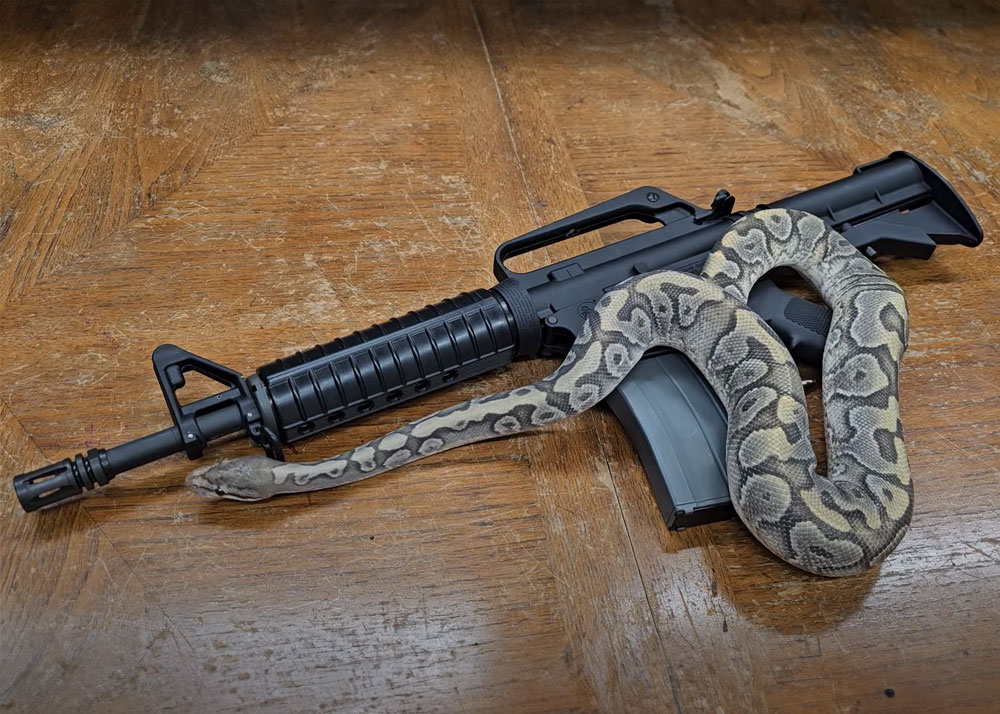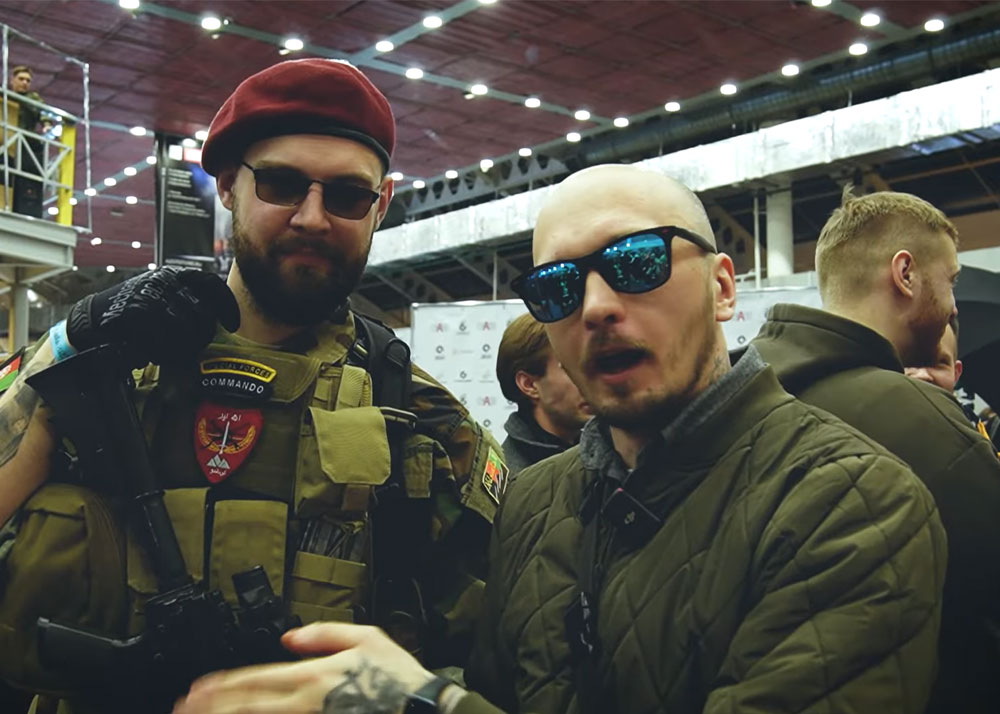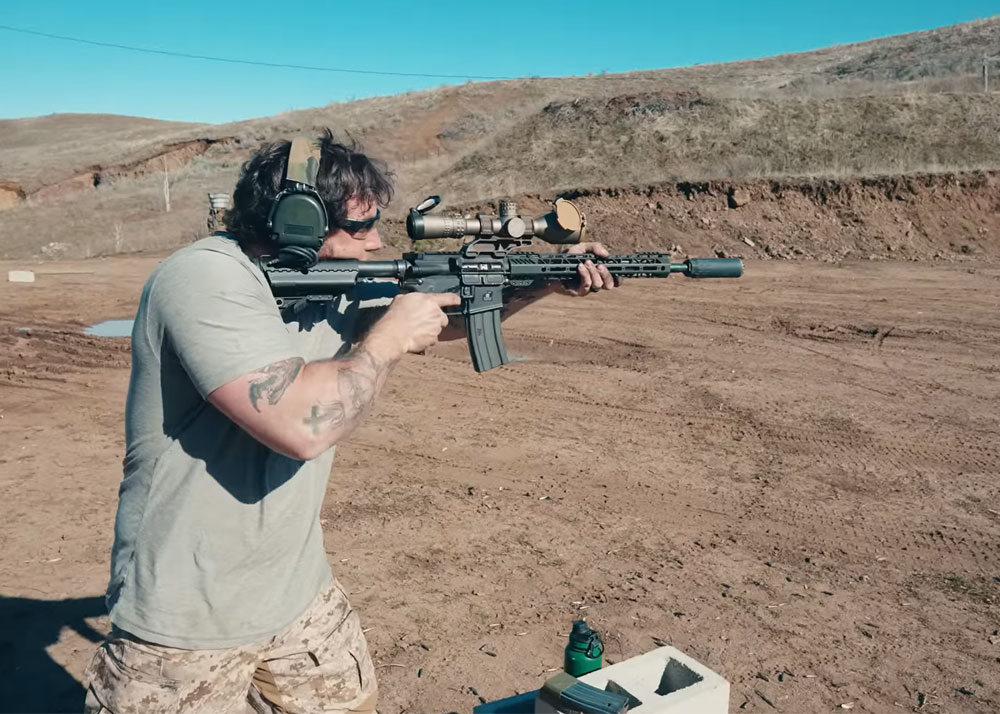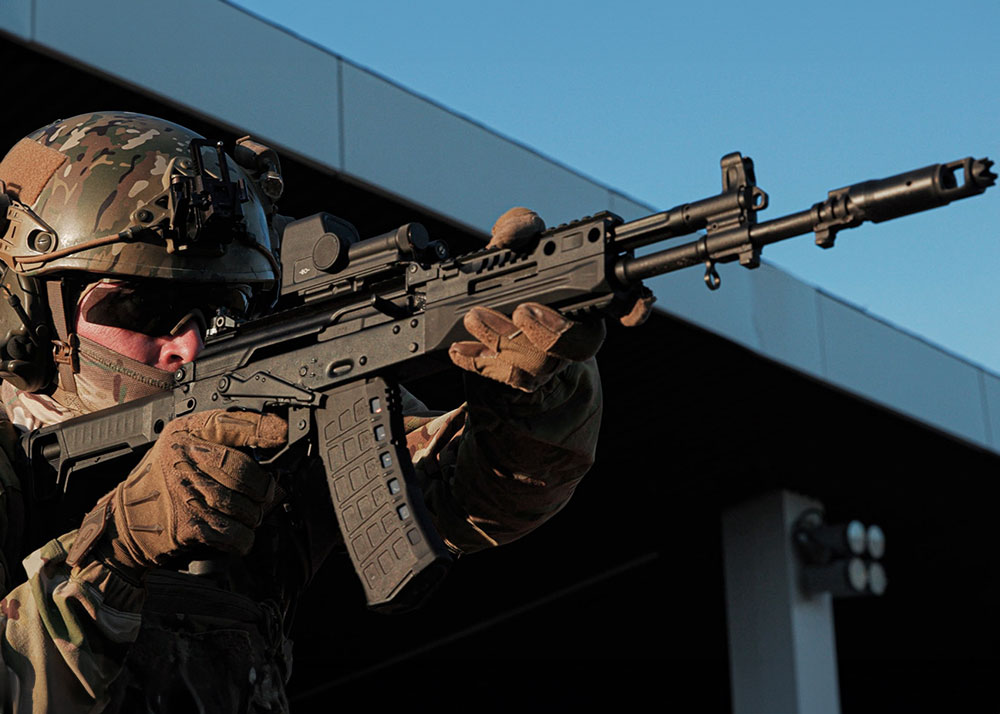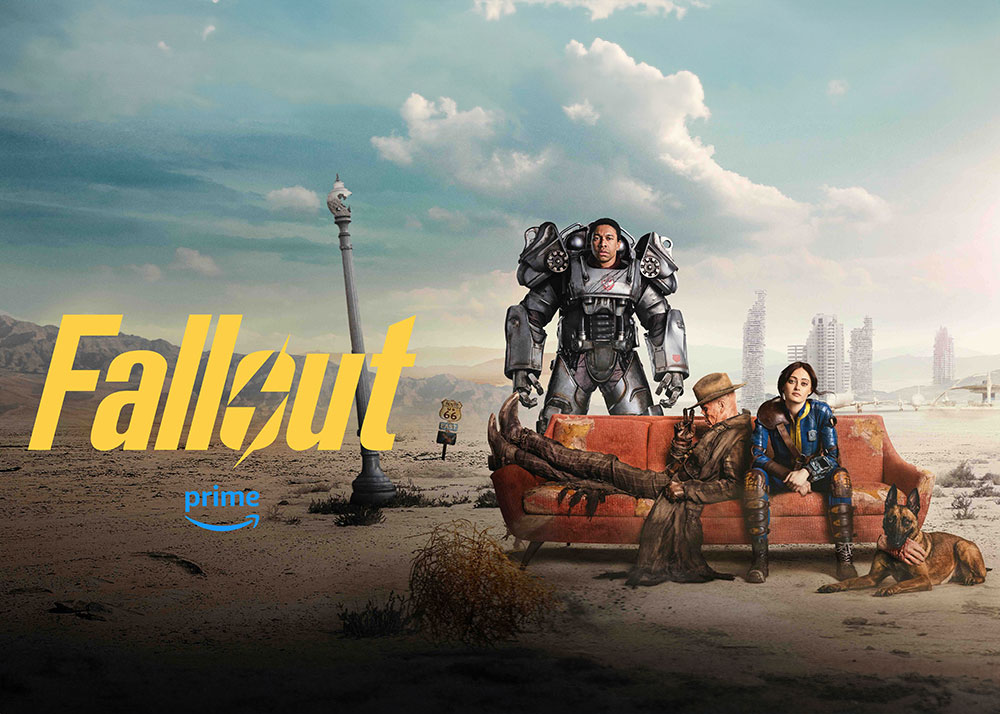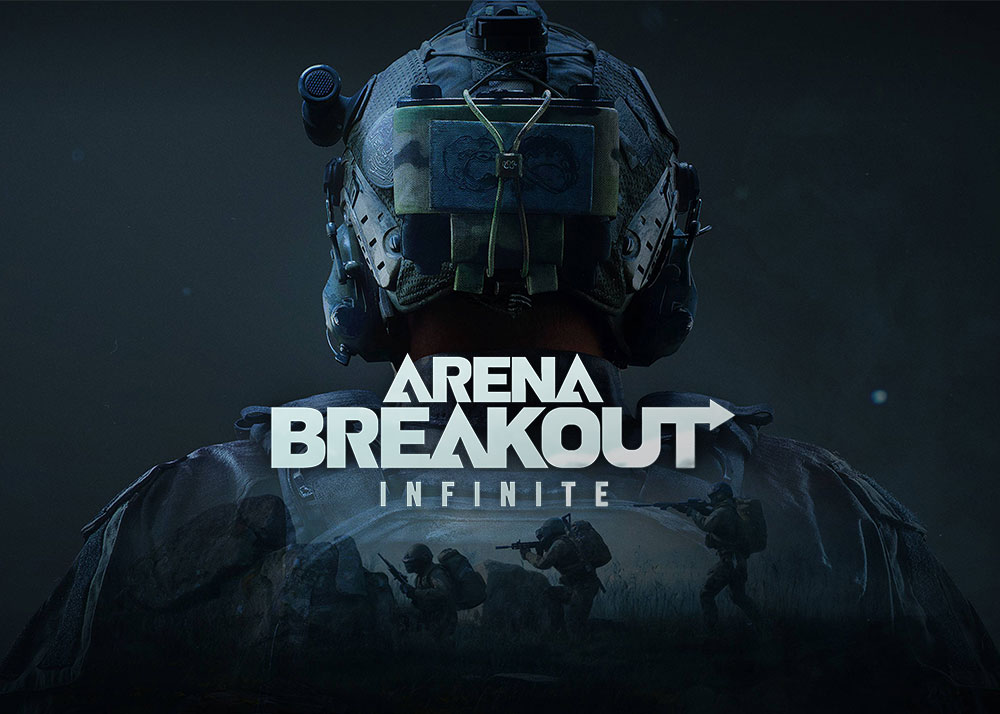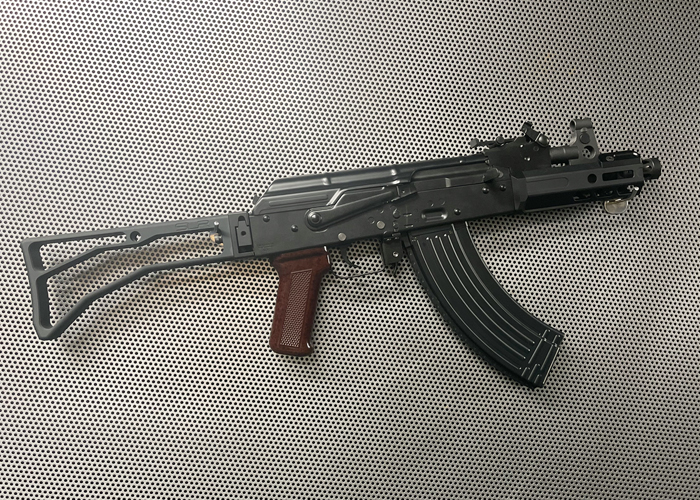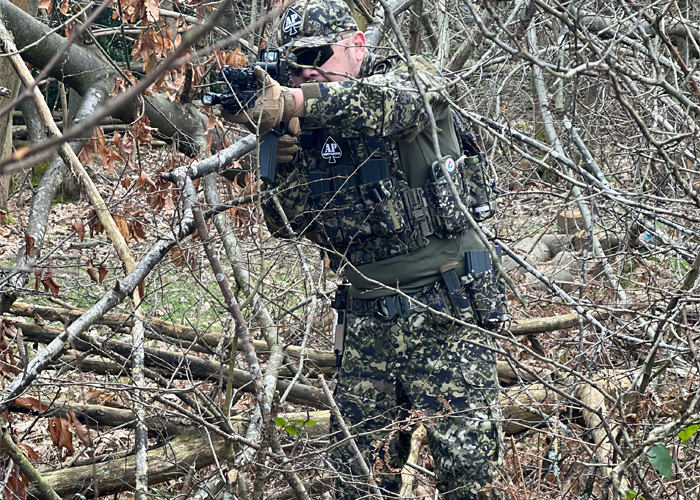My 10 Best War Movies of All Time
Gungho Cowboy
26 Sep 2007
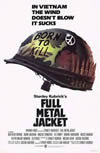
Something for you to start with, a movie collection, apart from making your own airsoft weaponry collection. I am a movie buff, which I am sure, most of you are. I made my list of the best war movies, which of course you are free to make your own article on your own preferred war movies. Human history is replete with war ever since man learned how to throw a stone or club his fellow human being, that war is one of the most made topics on film, and also a point of interest for discussions with my fellow airsofters.
There are some war movies that I am sure could have made to this list, displacing one or two below, but I honestly haven't watched them yet.
I deliberately did not write my own opinion on this list, since I prefer that you develop your own (I hope I don't get accused of being too lazy to write). The descriptions below are taken from Wikipedia, click on the links provided to go to the full movie description and review.
My Top 10 List:
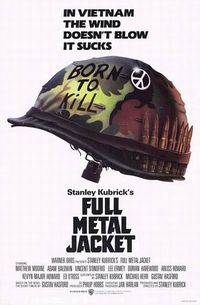
Full Metal Jacket (1987) is a Stanley Kubrick film based on the novel The Short-Timers by Gustav Hasford. The title refers to the type of ammunition used by infantry riflemen. The film portrays the urban Vietnam War fought by the U.S. Marines. The story's themes are the contradictions of war: feeling out of one's depth, personally and professionally, that combat and the country of Vietnam are worlds unto themselves. The existential confusion and angst begin in boot camp, with bloodshed experienced before going to the war in Vietnam.
2. Platoon
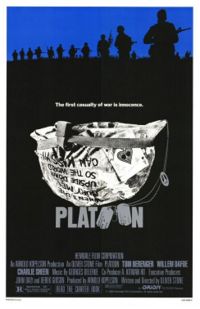
Platoon is an Academy Award winning 1986 Vietnam War film written and directed by Oliver Stone and starring Charlie Sheen, Tom Berenger, Willem Dafoe, Kevin Dillon, John C. McGinley and Johnny Depp. The story is drawn from Stone's experiences as an Army combat infantryman in Vietnam and was written by him upon his return as a counter to the vision of the war portrayed in John Wayne's The Green Berets. The film won the Academy Award for Best Picture of 1986.
3. All Quiet On The Western Front
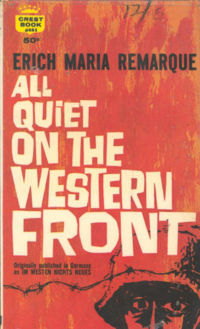
All Quiet on the Western Front is a novel by Erich Maria Remarque, a German veteran of World War I, about the horrors of that war and also the deep detachment from German civilian life felt by many men returning from the front. The book was first published in German as Im Westen nichts Neues in January 1929. It sold 2.5 million copies in twenty-five languages in its first eighteen months in print. In 1930 the book was turned into an Oscar-winning movie of the same name, directed by Lewis Milestone.
4. Das Boot
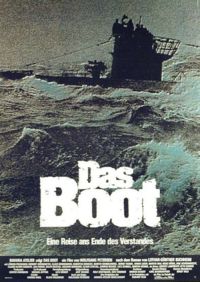
Das Boot (IPA pronunciation: /das boːt/, German for The Boat) is a 1981 feature film directed by Wolfgang Petersen, adapted from a novel of the same name by Lothar-Günther Buchheim. Hans-Joachim Krug, former first officer on U-219, served as a consultant, as did Heinrich Lehmann-Willenbrock, the captain of the real U-96.
The movie has a strong anti-war message. One of Petersen's stated goals was to guide the audience through "a journey to the end of reason" (the film's German tagline), showing "what war is all about." Petersen heightened suspense by very rarely showing any external views of the submarine unless it is running on the surface and relying on sounds to convey action outside the boat, thus showing the audience only the claustrophobic interior the crew would see. The original 1981 version cost DM 32 million (USD$21.9 million in 2007 dollars) to make; it was at the time the most expensive film in the history of German cinema. The director's meticulous attention to detail resulted in an extremely realistic and historically accurate movie.
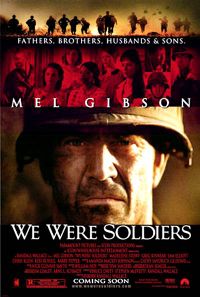
We Were Soldiers is a 2002 war film that dramatized the Battle of Ia Drang, the first major engagement of American troops in the Vietnam War. The film was directed by Randall Wallace and stars Mel Gibson. It is based on the book We Were Soldiers Once ... And Young by Lieutenant General (Ret.) Hal Moore and reporter Joseph L. Galloway, who were at the battle.
Although the book is a non-fiction work, the film takes extensive dramatic licence in the portrayal of the battle's conclusion. While the book has a wider focus on other units and battles, the film only focuses on the actions of Moore's 1st Battalion, 7th Cavalry.
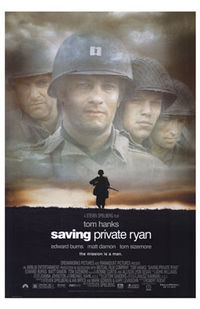
Saving Private Ryan is a 1998 Academy-Award-winning film set in World War II, directed by Steven Spielberg and written by Robert Rodat.
This film is particularly notable for the intensity of its opening 25 minutes, which depict the Omaha beachhead assault of June 6, 1944. Thereafter it presents a fictional search for a paratrooper of the U.S. 101st Airborne Division. While this part of the plot is a work of fiction, the premise is very loosely based on the real-life case of the Niland Brothers. Saving Private Ryan was well received by audiences and garnered considerable critical acclaim, winning several awards for film, cast and crew as well as earning significant returns at the box office.
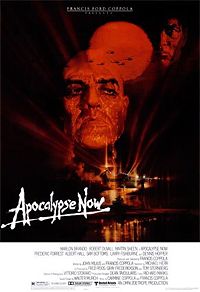
Apocalypse Now is a 1979 Academy and Golden Globe award winning American film set during the Vietnam War. It tells the story of Army Captain Benjamin L. Willard who is sent into the jungle to assassinate United States Army Special Forces Colonel Walter E. Kurtz, who is said to have gone insane. The film has been viewed as a journey into the darkness of the human psyche.
The film was directed by Francis Ford Coppola from a script by Coppola, John Milius and Michael Herr, and was in large part based on Joseph Conrad's novella Heart of Darkness (1899), as well as drawing elements from Herr's "Dispatches" (1977). It was also notably influenced by Werner Herzog's Aguirre, the Wrath of God (1972), especially in its imagery. Coppola himself has noted, "Aguirre, with its incredible imagery, was a very strong influence. I'd be remiss if I didn't mention it."
The film stars Martin Sheen as Captain Benjamin L. Willard (based on Marlow in Conrad's novella), Marlon Brando as Colonel Kurtz, Dennis Hopper as a photojournalist, and Robert Duvall in an Oscar-nominated turn as the wild Lt. Colonel Bill Kilgore. The movie became notorious in the entertainment press due to its lengthy and troubled production. In the end, Coppola had to finance the film with his own money.
8. Patton
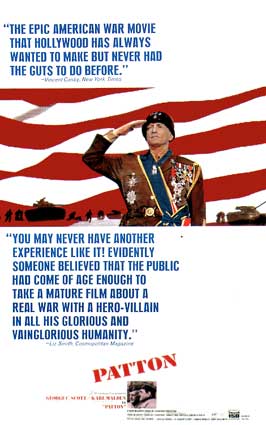
Patton (UK: Patton: Lust for Glory) is a 1970 epic biographical film which tells the story of General George S. Patton's commands during World War II. It stars George C. Scott, Karl Malden, Michael Bates, and Karl Michael Vogler. It was directed by Franklin J. Schaffner, and written by Francis Ford Coppola and Edmund H. North. It won seven Academy Awards, including the Academy Award for Best Picture.
The opening monologue, delivered by Scott with an enormous American flag behind him, remains an iconic and often quoted image in film. Despite the rise of the Vietnam protest movement and a decline in interest in World War II movies, the film became a success and an American classic.
In 2003 the United States Library of Congress deemed the film "culturally significant" and selected it for preservation in the National Film Registry.
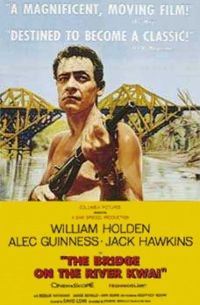
The Bridge on the River Kwai is an Academy Award-winning 1957 World War II war film based on the novel Le Pont de la Rivière Kwaï by French writer Pierre Boulle. The film is fiction, but uses the historical construction of the Burma Railway in 1942-43 as its setting. It was directed by David Lean and stars Alec Guinness, Sessue Hayakawa, Jack Hawkins and William Holden.
In 1997, this film was deemed "culturally, historically, or aesthetically significant" and selected for preservation in the United States Library of Congress National Film Registry.
10. A Bridge Too Far
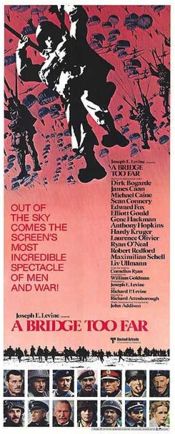
A Bridge Too Far is a 1977 film based on the 1974 book of the same name.
The film tells the story of Operation Market Garden, a failed Allied attempt to break through German lines at Arnhem in the occupied Netherlands during World War II. It was directed by Richard Attenborough and featured an ensemble cast of many film stars. The name for the film comes from a comment made by British Lt Gen Frederick Browning, deputy commander of the First Allied Airborne Army, who told Field Marshal Bernard Montgomery before the operation, "I think we may be going a bridge too far."
Directed by Richard Attenborough and featuring an ensemble cast of many period film stars, including Dirk Bogarde, James Caan, Michael Caine, Sean Connery, Denholm Elliott, Elliott Gould, Edward Fox, Gene Hackman, Anthony Hopkins, Jeremy Kemp, Laurence Olivier, Robert Redford, Liv Ullmann, Maximilian Schell, Hardy Krüger and Ryan O'Neal. The music for the film was scored by John Addison, who was a soldier with the British XXX Corps during Operation Market Garden.
Honourable Mentions
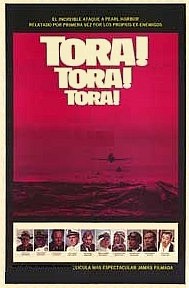
1970 American-Japanese film that dramatizes the Japanese attack on Pearl Harbor and the series of American blunders that unintentionally improved its effectiveness. It won an Academy Award for best special effects.
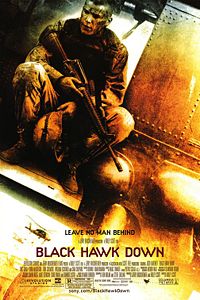
Black Hawk Down is a 2001 film by Ridley Scott, based on the book Black Hawk Down: A Story of Modern War by Mark Bowden. It depicts the Battle of Mogadishu, which was part of the U.S. military's 1993 campaign to capture Somali warlord Mohamed Farrah Aidid. The movie stars an ensemble cast. It won awards for Film Editing and Sound at the 74th Academy Awards in 2002.
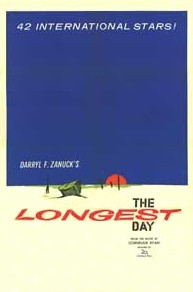
The Longest Day is a 3-hour-long 1962 war film with a very large cast, based on the 1959 history The Longest Day by Cornelius Ryan, about "D-Day", the invasion of Normandy on 6 June 1944, during World War II.
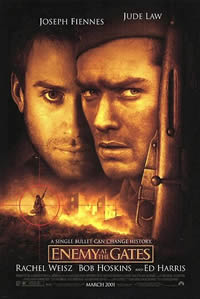
Enemy at the Gates is a 2001 motion picture directed by Jean-Jacques Annaud, starring Jude Law and Ed Harris.
The film is based on William Craig's 1973 book Enemy at the Gates: The Battle for Stalingrad, which describes the events surrounding the Battle of Stalingrad, 1942-1943. The movie follows Soviet sniper Vasily Grigoryevich Zaitsev and his German rival, Major Erwin König, as they stalk each other during the Battle of Stalingrad.
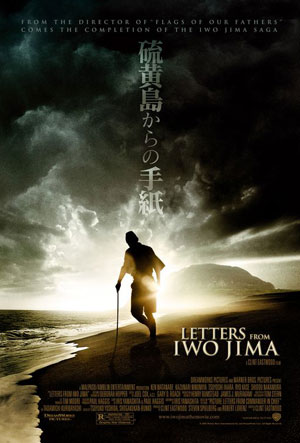
Letters from Iwo Jima (Japanese: 硫黄島からの手紙, Iwo jima kara no tegami) is a 2006 Academy Award and Golden Globe-winning critically-acclaimed war film whose cast includes Ken Watanabe and Kazunari Ninomiya. Directed by Clint Eastwood, Letters portrays the Battle of Iwo Jima from the perspective of the Japanese soldiers and is a companion piece to Eastwood's Flags of Our Fathers which depicts the same battle from the American viewpoint. The film is almost entirely in Japanese but was made by an American production company.
The film was released in Japan on December 9, 2006 and received a limited release in the United States on December 20 in order to compete for the 79th Academy Awards. It was subsequently released in more areas of the U.S. on January 12, 2007, and was released in most states by January 19.

